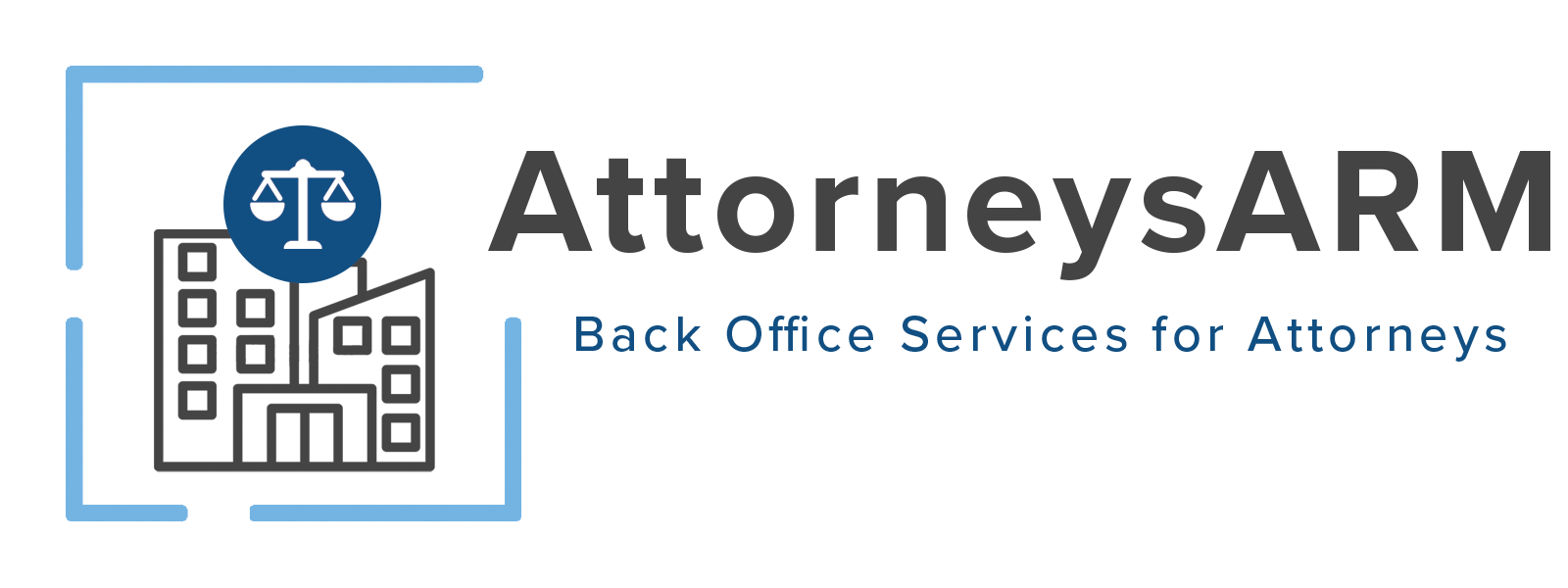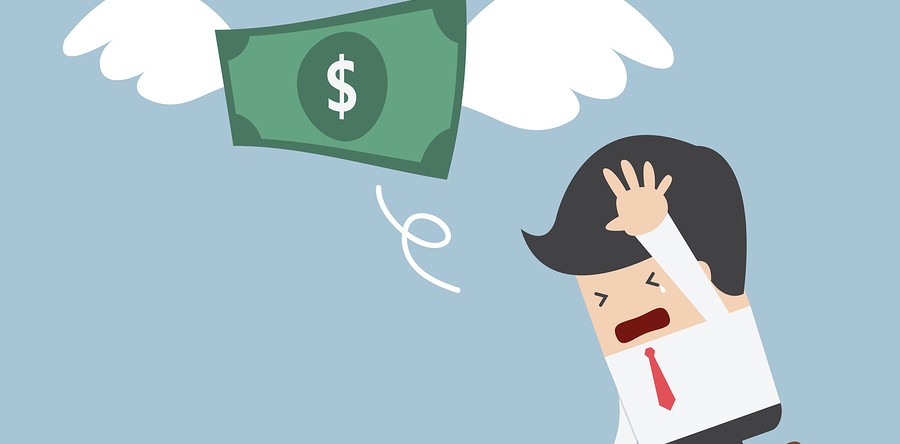Commercial Collections Best Practices
It can be very frustrating when you’re not paid the money that you’re owed by other businesses for services rendered. When this happens, you turn to commercial collections. Commercial collections are different from consumer collections in many ways. Yet, they both have the same main issue at hand: the best way to collect the money that is owed to you.
Clients A.R.M. can help! You can either use these best practices for commercial collections to try and collect what’s owed to you or you can contact us to collect on your behalf!
Gather Your Documentation
One of the best things that you can do to strengthen your evidence of debt is to ensure that you have supporting documentation. You need to keep the original documentation in a safe spot. Then, you should make a few copies of it. The debtor may request proof of the debt. That’s why you want to make the copies. Do not mail the original to the debtor. You can mail a copy via certified mail with return receipt requested. Then, you’ll be notified when they receive the documentation of the commercial debt. You will also want to have copies just in case you decide that you want to file a claim with the court. You will need the documentation to support the case.
For this process, you will also want to have any credit applications, signed agreements, or credit approval letters as well as unpaid invoices.
Begin Commercial Collections With a Polite Inquiry
It’s important that you first just try to find out what’s going on with your clients. If they have a history of paying on time, it could be that they never received their invoice. It could be that it simply fell through the cracks. A polite inquiry does more than act as a gentle reminder. It also keeps the relationship cordial.
Adhere to Your Commercial Collections Guidelines
If your commercial collections guidelines state that you begin the collections process after 30 days, then that’s what you need to do. You could start that with a polite phone call. If you don’t receive a payment, you can follow up with a demand letter or a letter that states that their account is delinquent. The letter needs to state what they owe, any penalties or late fees, the service date, and for what services they received. This letter should be mailed via certified mail with a return receipt requested.
Working With Your Past Due Clients
If your client calls you and proposes a repayment method, you can accept it if you’d like. If you choose to accept it, get the repayment method and schedule in writing. You can also offer to help your client if they are local to you by asking if they would like for you to drop by and pick up the check. Then, if the client does not stick to the repayment schedule, you will have a written agreement from them about what they stated they would do. That one document can strengthen your case if you find yourself in court.
Examine Your Policies
It’s important that you examine your commercial collections from time to time to ensure that they are working well for your company. Clients A.R.M. provides expert analysis of your commercial collections process as part of our free review. We will help you pinpoint current and potential issues and help you find the best solutions for your business. Interested? All you have to do is fill out this form to get your free, no-obligation process




